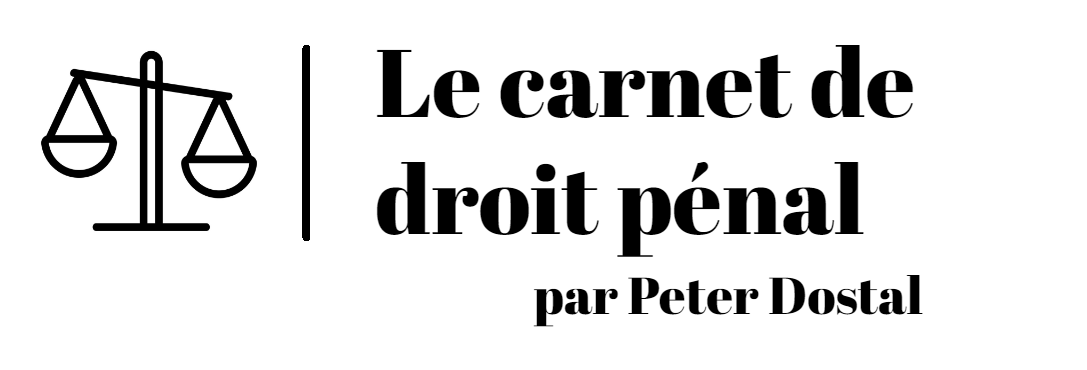« Exemple d'instructions au jury » : différence entre les versions
Apparence
Page créée avec « fr:Exemple d'instructions au jury {{HeaderJuryInstructions}} ==Introduction== {{seealso|Established Areas of Jury Instruction}} The following contains quotations of instructions that were endorsed or considered by appellate courts as being sufficient under certain circumstances. There are also outlines that enumerate types of instructions. There are four types of instructions: 1) selection instructions 2) introductory/preliminary 3) mid-trial instructions a... » |
Aucun résumé des modifications |
||
| Ligne 1 : | Ligne 1 : | ||
[[ | [[en:Example Jury Instructions]] | ||
{{HeaderJuryInstructions}} | {{HeaderJuryInstructions}} | ||
Version du 7 septembre 2024 à 15:13
- < Procédure et pratique
- < Procès
- < Jurys
- < Exemple d'instructions au jury
Introduction
The following contains quotations of instructions that were endorsed or considered by appellate courts as being sufficient under certain circumstances. There are also outlines that enumerate types of instructions.
There are four types of instructions: 1) selection instructions 2) introductory/preliminary 3) mid-trial instructions and 4) final
Example Types
- Example Jury Selection Instructions
- Example Preliminary Jury Instructions
- Example Mid-Trial Jury Instructions
- Example Final Jury Instructions
Evidence
Admissions
- "An admission stands in the place of and renders unnecessary testimony or exhibits to prove what has been admitted. Jurors are to take what is admitted as proven fact and consider the facts admitted, along with the rest of the evidence in deciding the case."[1]
- ↑ R c Brookfield Gardens Inc, 2018 PECA 2 (CanLII), par Murphy JA, au par. 25
Circumstantial Evidence
Expert Evidence
Selection
Challenge for Cause
Race
- "Thinking about your own beliefs, would your ability to judge the evidence in this case without bias, prejudice or partiality, be affected by the fact that [accused] is black?"[1]
- ↑ R c McKenzie, 2018 ONSC 2764 (CanLII), par Campbell J, au par. 25
Unsavoury (Vetrovec) Witnesses
Offences
Murder
- On the issue of intent, the Judge must instruct the jury to "consider all of the evidence" when deciding the issue of intent.[1]
- Inferences on intent "inference that may be rebutted by evidence of intoxication."[2]
Defences
